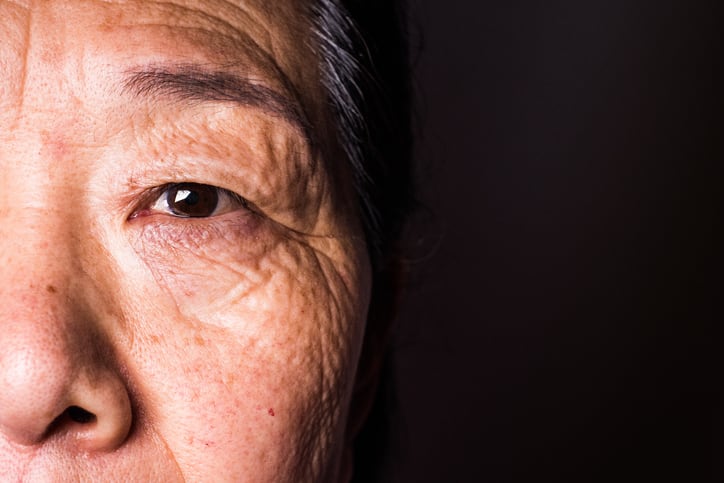Presenting its research at this year’s IFSCC Congress in London, UK, last month, PhD Trials said it had named the space surrounding the skin and this concept the ‘emossome’. A series of sensorial studies had shown that the skin, and more importantly its surrounding space, was a recipient of environmental influences that could also trigger specific emotional states.
Sensory influences
“Everybody knows the skin is the first organ that interacts with the environment,” said Pedro Contreiras Pinto, founder and CEO at PhD Trials.
Speaking to attendees during the Congress, Pinto said the skin contained receptors that responded to touch, thermal changes and mechanical interaction which, combined with other sensorial organs, could modify or be modified by the environment, eventually changing emotional states. These connections, he said, behaved like “an extension of our brain”.
“This is the theoretical base of the new neuro-cosmetic products that claim to change these parameters, and that is actually why we buy cosmetic products – because they make us feel well, eventually happier, more self-confident, or more excited. So, this was the starting point of our study.”
PhD Trials, therefore, wanted to evaluate how the surrounding environment affected emotional responses in people and, in some cases, how it affected brain activity, Pinto said. Working with a group of 65 subjects with a mean age of 35.6 years, the company conducted five sensorial studies that analysed sensory responses to touch, heat, visuals and olfactory stimulation, as well as sensory response to cosmetic products.
“We tested several cosmetic products to observe if some of these traditional responses are maintained,” he said.
Stretching beyond key traditional measures, such as microcirculation, water loss, heart rate and eye tracking, Pinto said the team had also used an Artificial Intelligence (AI) algorithm to detect seven basic emotions during the research.
Touch, heat, visual and olfactory
The first experiment aimed to evoke a touch interaction, with participants asked to rub their hands across two different textures, rough and smooth. Findings showed heart rate variability for both, an increase in skin microcirculation for both, although more so with the rough surface, and electrodermal activity for both, though again more so with the rougher texture.
The second experiment investigated the influence of heat at 44°C, revealing an immediate maximal vascular response, suggesting higher temperatures increased receptor stimulation and clearly induced neural activity.
The third and fourth experiments considered the influence of visuals and fragrance, with the vision studies showing a stress response and higher transdermal water loss to certain imagery. Electrodermal activity was identified with aversive videos. During fragrance testing, arousal was most prominent with aversive scents, one being horse’s sweat.
The fifth experiment, dedicated to the application of cosmetic products over a two-minute period using one finger, showed electrodermal activity for all products, with an increase in skin microcirculation that increased more with extreme tactile stimulus. Findings also showed brain activity was activated most with interactions with “intermediate, consensual products” – creams with middle viscosity, for example.
The concept of the ‘emossome’
“From these findings, we suggest this concept of ‘emossome’ – an environmental space that surrounds the skin and influences it and induces neural activity,” Pinto said.
All the results suggested skin acted or responded to the environment where it was immersed or where some emotional response was anticipated, he said. “This emossome concept was observed on all the stimulus that can interact on our skin, leaving our skin as an extension of our brain.”
Looking ahead, Pinto said if a cosmetic product could be proven to act on all sensory parameters – touch, thermal, visual and scent – then it could ultimately be said that the product influenced the emossome, offering up “a new claim for these products”.
Speaking later that same day at IFSCC 2022, experimental psychologist Professor Charles Spence said the beauty industry had to keep in mind that consumers lived in a multisensory world, where perception and experiences were defined by the human senses. Spence said: “I think there’s a lot of psychology and neuroscience in building people’s expectations and experiences of cosmetics, as well as trying to understand quite why or how it might be that adding a certain fragrance to a product has an impact on attractiveness, softness or wellbeing, among other things.”




